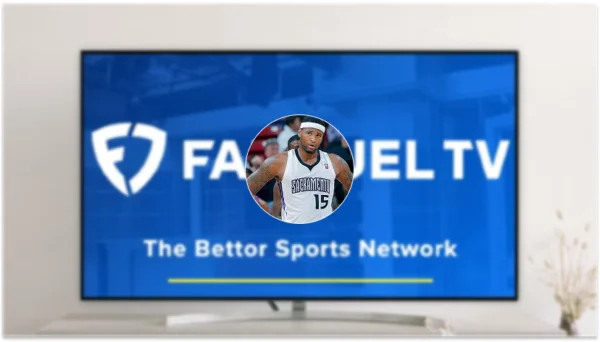The NCAA’s Division I Administrative Committee put forward a proposal this week to let student-athletes bet on professional sports. That’s a big shift from current rules.
Right now, student-athletes and athletics department staff can’t bet on any sports at all—professional or college. The new proposal would only lift restrictions on pro games.
Illinois Athletics Director Josh Whitman chairs the committee. He said the change would free up the NCAA to focus on what really matters—protecting college sports from betting problems.
But this isn’t a done deal yet. All three NCAA divisions would need to sign off. If they do, the new rules take effect November 1.
Why the NCAA Wants This Policy Shift
The committee argues that blanket bans don’t actually work with college-age people. They’re betting anyway.
Dr. Deena Casiero serves as the NCAA’s Chief Medical Officer. She said abstinence-only approaches to social issues usually fail with this age group. Education about risks works better than outright prohibition.
The proposal isn’t meant to encourage betting. Far from it. Instead, officials see this as a harm reduction strategy that mirrors approaches used for other college-age behaviours.
And there’s a practical angle too. The NCAA currently spends time and resources enforcing rules against professional sports betting—resources that could go toward monitoring college sports integrity instead.
What Changes Under the New Proposal
Student-athletes could place bets on NFL, NBA, MLB and other pro leagues. They’d still face a total ban on betting involving college sports at any level.
The proposal keeps other restrictions in place. Sports betting ads and sponsorships remain banned from NCAA Championships. Those rules aren’t changing.
Athletics staff members would get the same permissions as athletes. Both groups currently face identical restrictions.
The DI SAAC Executive Team backed the plan. They said removing unnecessary barriers might help student-athletes come forward when they need support—without fearing eligibility consequences.
How This Affects Student-Athlete Support
Schools would get new responsibilities under this approach. They’d need to provide education about betting risks and responsible gambling habits.
The NCAA plans to work with member schools on these education programs. Whitman emphasised the focus should be on helping student-athletes make informed choices rather than punishing them for betting on games that don’t involve college sports.
This ties into broader NCAA efforts around student-athlete welfare. The organisation recently partnered with Venmo to address financial harassment of athletes.
The harm reduction model gives athletes a path to seek help without risking their playing eligibility. That’s the theory anyway.
Whether other divisions agree remains to be seen. The proposal needs unanimous approval across all three NCAA divisions before anything changes.







